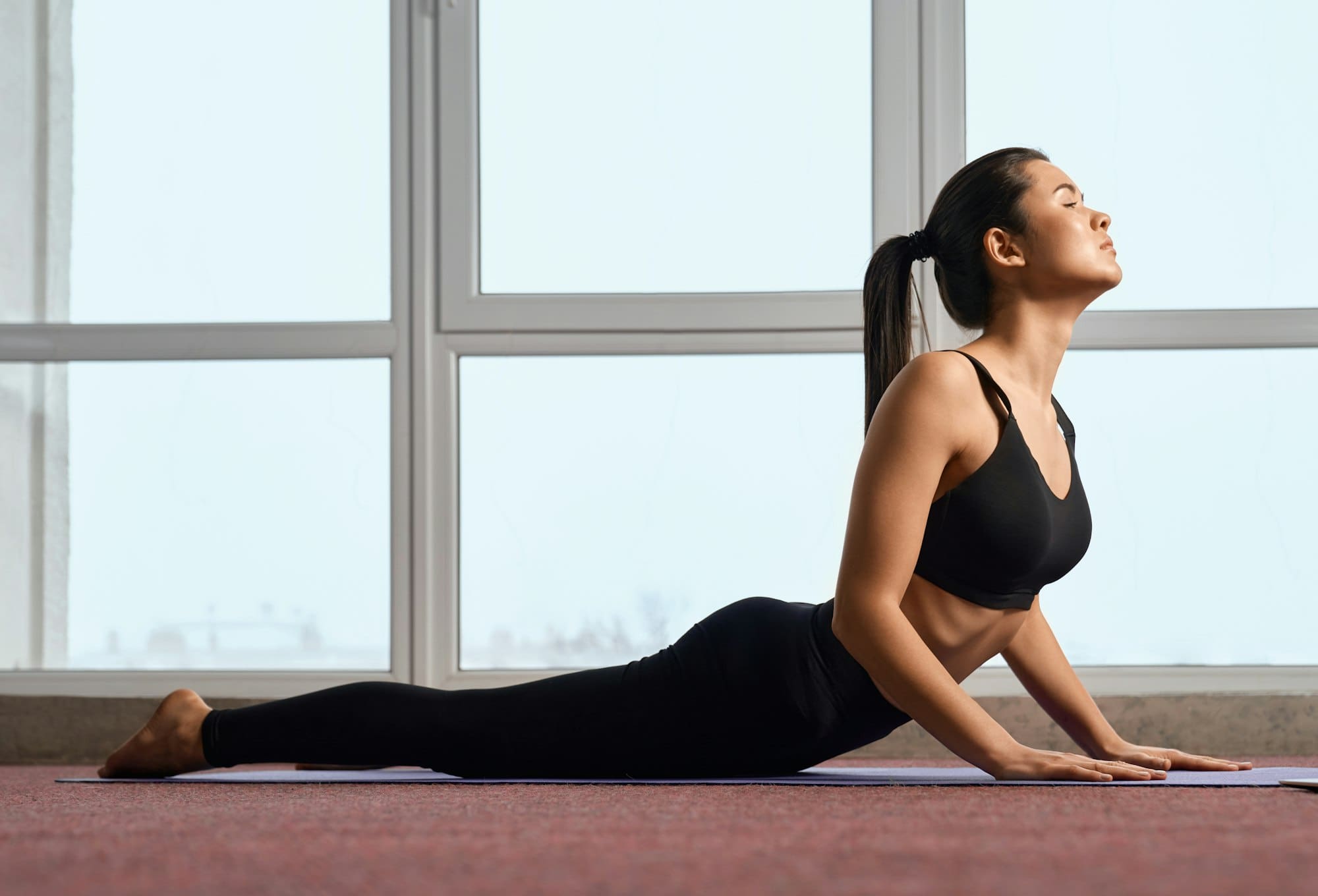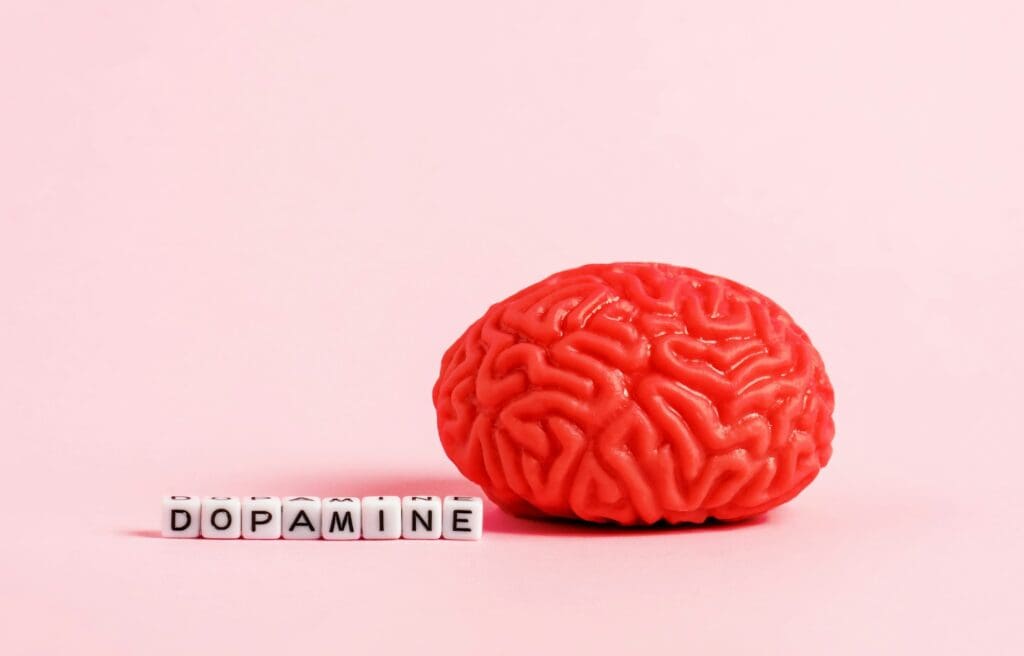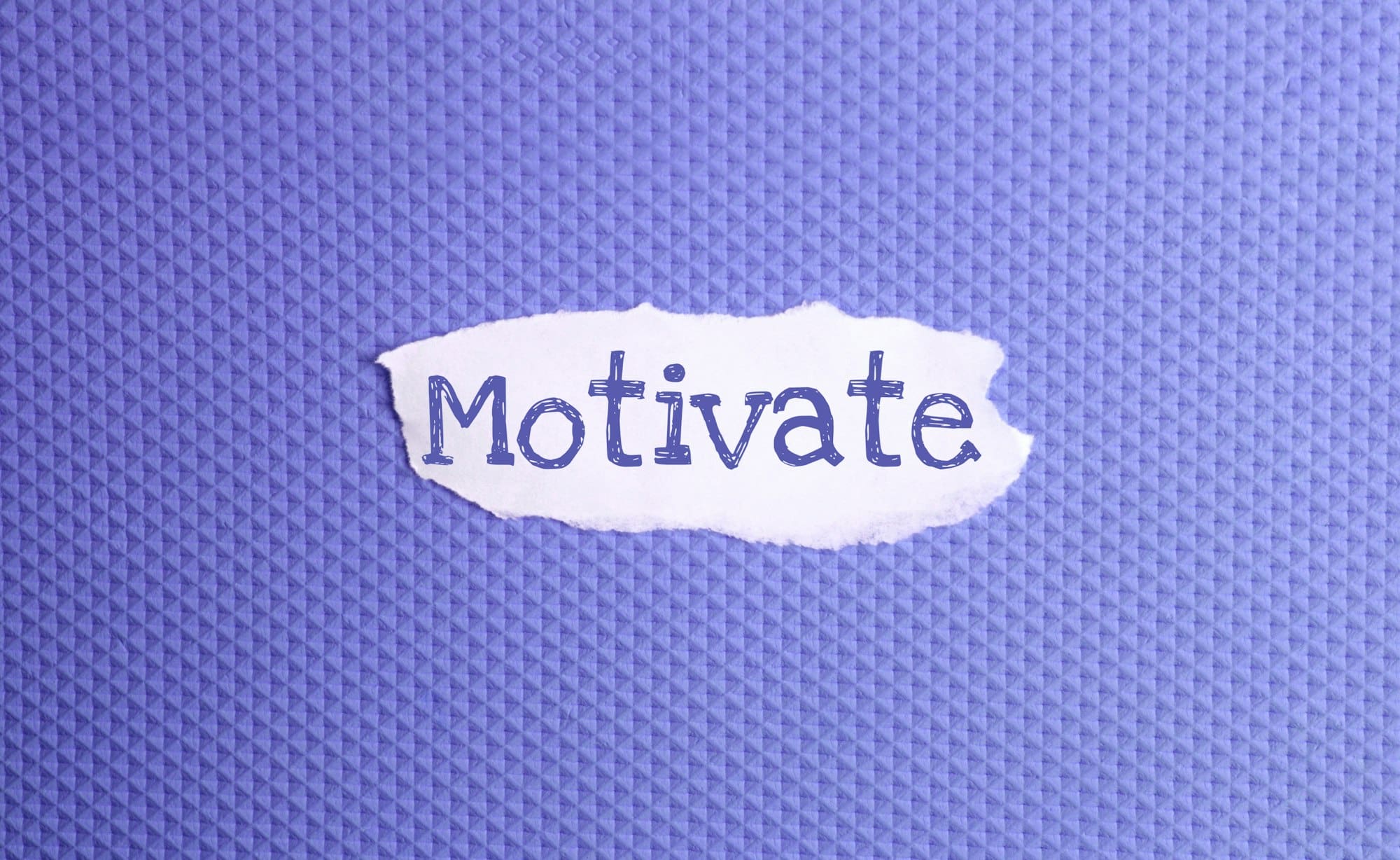


Imagine feeling a rush of endorphins after a morning run, the sense of calm post-yoga, or the sheer exhilaration from a dance class.
These aren’t just fleeting feelings; they are powerful reminders of how exercise can uplift your mental well-being. Physical activity does so much more than sculpt your body; it’s a vital catalyst for a healthier mind.
“To keep the body in good health is a duty… otherwise we shall not be able to keep our mind strong and clear.” – Buddha
Whether you’re a seasoned athlete or just beginning your fitness journey, understanding the mental benefits of exercise can offer you the motivation you need to stay active.
Let’s dive into how different forms of physical activity can transform not just your body, but your mind as well.

Exercise isn’t just about improving your physical health; it plays a crucial role in enhancing your mental well-being. Regular physical activity can help reduce symptoms of anxiety and depression while boosting your overall mood.
How does it work? When you engage in exercise, your brain releases endorphins, often referred to as “feel-good” hormones.
These chemicals interact with receptors in your brain that reduce your perception of pain and trigger a positive feeling in the body much like that of morphine.
Beyond the immediate rush of endorphins, exercise also stimulates the production of other neurotransmitters such as norepinephrine and serotonin, which help to regulate mood.
This can lead to improved emotional resilience. Moreover, the act of getting your body moving helps you break away from cycles of negative thoughts and stress, offering a mental ‘time-out’.
On a deeper level, regular exercise can enhance self-esteem and cognitive function. It provides you with a sense of accomplishment and can serve as a form of self-care.
Over time, this boosts your confidence and reinforces a positive self-image.
Additionally, maintaining a workout routine requires discipline and goal-setting, skills that are translatable to other areas of life, thereby enhancing overall cognitive function.
Engaging in physical activities also fosters social connections and interactions, whether it’s through team sports, gym classes, or casual walks with friends.
These interactions enhance a sense of community and belonging, which are vital for emotional and mental health.
Building these social networks can alleviate feelings of loneliness and isolation, which are common contributors to mental health conditions.
It’s also worth noting that regular exercise has been shown to improve sleep quality. Better sleep not only impacts your physical health but has profound effects on your mental health too.
After all, a good night’s sleep can radically improve your mood and energy levels the next day.
All these factors combine to illustrate why exercise is an essential component for maintaining and improving mental health.
Whether you’re breaking a sweat with high-intensity interval training (HIIT) or finding tranquility through yoga, the benefits are far-reaching and impactful.

When you engage in physical activity, your brain releases a cocktail of neurotransmitters, like endorphins, dopamine, and serotonin.
These chemicals play a significant role in mood regulation. Endorphins, often called “feel-good hormones,” provide immediate mood boosts and help reduce feelings of pain.
At the same time, serotonin and dopamine influence your feelings of happiness and pleasure, making regular exercise a powerful strategy for combating depression and anxiety.
Moreover, exercise can act as a wonderful stress reliever. When you’re physically active, your body experiences a reduction in the levels of stress hormones, such as cortisol and adrenaline.
Consistent exercise builds your body’s ability to deal with stress more effectively, ultimately making you feel calmer and more centered.
Another crucial aspect is how exercise contributes to improved self-esteem and cognitive function. By achieving fitness goals, even small ones, you create a sense of accomplishment and self-worth.
This improvement in self-esteem is crucial for your overall mental well-being. Additionally, physical activity has been shown to enhance brain function, improving memory, focus, and problem-solving skills.
Interestingly, the social interaction that comes from exercise can also support mental well-being.
Whether you’re joining a local sports team, attending group fitness classes, or even walking with friends, these activities can provide valuable social support and reduce feelings of loneliness and isolation.
The benefits of exercise extend beyond just the psychological. There’s a growing body of research, including studies conducted globally, that shows consistent, positive effects of exercise on mental health.
These benefits are not just limited to preventing mental illness but also in treating existing conditions like depression and anxiety, providing a holistic approach to mental well-being.
When it comes to enhancing your mental well-being through exercise, consistency and variety are key. Engaging in a mix of physical activities not only keeps things interesting but also maximizes mental health benefits.
Set Realistic Goals: Start by setting achievable fitness goals that match your lifestyle and preferences. Whether it’s a daily walk, a weekly yoga class, or joining a local sports team, having a goal can provide a sense of purpose and accomplishment.
Combine Cardio and Strength Training: Incorporate both cardiovascular exercises, like running or cycling, and strength training routines, such as weightlifting or bodyweight exercises.
Cardio workouts are great for releasing endorphins, which can boost your mood, while strength training helps improve your overall body image and self-esteem.
Find Activities You Enjoy: Choosing activities that you genuinely enjoy is crucial for maintaining a regular exercise routine.
Whether it’s dancing, swimming, hiking, or playing a team sport, find what makes you happy. Enjoying the process makes it easier to stick with it.
Make it Social: Exercising with friends or joining a group can turn physical activity into a social event. This not only makes the workout more fun but also strengthens your social connections, which is a key factor in mental well-being.
Practice Mindfulness: Incorporate mindfulness techniques into your exercise regimen. Yoga and Pilates are excellent for this, as they focus on breath control, balance, and mental clarity.
Even during a casual walk, taking in your surroundings and being present in the moment can enhance your mental state.
Stay Consistent: Consistency is more important than intensity. It’s better to engage in moderate exercise regularly than to have sporadic bursts of high-intensity workouts.
Aim for at least 150 minutes of moderate aerobic activity or 75 minutes of vigorous activity every week, as recommended by health experts.

One of the often overlooked benefits of regular exercise is its profound impact on sleep. Engaging in physical activity can significantly enhance both the quantity and quality of your sleep.
Whether you’re a teenager dealing with school stress or an adult managing a hectic schedule, consistent exercise can help you rest better at night.
How does this work? When you exercise, your body temperature rises. Post-workout, as your body cools down, it signals your system that it’s time to wind down and prepare for sleep.
Furthermore, physical activity aids in the regulation of your circadian rhythm, the body’s internal clock, ensuring you fall asleep and wake up at consistent times.
For individuals with mental health conditions, the stakes are even higher. Research shows that regular exercise can have a statistically significant effect on improving sleep quality for adults dealing with various mental illnesses.
The combination of reduced stress levels, balanced moods, and enhanced physical fatigue contributes to this improved sleep quality.
Not just for those with mental health challenges, even adolescents can benefit.
Regular physical activity has been linked to deeper sleep stages and longer sleep duration in teenagers, helping them tackle the rigorous demands of their growing years.
Interestingly, both short-term and long-term exercise come with their sleep benefits.
While you may notice an immediate improvement in how swiftly you fall asleep and your overall sleep quality after just a few workout sessions, maintaining an exercise regimen over the long haul leads to sustained benefits for your sleep health.
Remember, exercise doesn’t need to be vigorous to make a difference. Activities like walking, swimming, or even gardening can contribute to better sleep. The key is consistency and making physical activity a part of your daily routine.

Engaging in outdoor activities doesn’t just elevate your physical fitness; it can also do wonders for your mental clarity.
Spending time in nature, whether you’re hiking through a forest, taking a stroll in the park, or simply working out in your backyard, can vastly improve your mental well-being.
Green Exercise: This term refers to physical activities performed in natural environments. Research suggests that “green exercise” has greater positive effects on mental well-being compared to indoor activities.
These benefits include reduced levels of stress, tension, and anxiety.
Even a short burst of outdoor activity, like a 10-minute brisk walk, increases mental alertness and energy while lifting your mood.
The combination of physical exercise and the natural environment acts synergistically to provide enhanced benefits compared to exercising indoors.
If you’re looking for ways to integrate more outdoor activities into your routine, consider starting with something simple and enjoyable.
This approach can help you stick with it long-term, ultimately leading to continual mental health benefits. So, grab your sneakers, step outside, and let nature rejuvenate your mind and body.
Yoga and Pilates have made a remarkable leap from ancient practices to modern-day essentials for mental well-being.
By weaving physical movement with mindfulness techniques, these exercises offer more than just a workout; they provide a mental sanctuary.
Yoga revolves around breath control and fluid body movements, facilitating a deep connection between your mind and body.
Whether you’re holding a challenging pose or flowing through a series of movements, the focus on controlled breathing helps in alleviating stress and anxiety.
Numerous studies highlight its effectiveness as an adjunct therapy for mental health issues, benefiting those with anxiety, depression, and even PTSD.
Meanwhile, Pilates emphasizes core strength and precise, controlled movements. Developed by Joseph Pilates in the early 20th century, this regimen fosters an intimate awareness of muscle engagement and balance.
Regular practice can lead to improved body image and increased self-awareness, both of which are crucial for mental well-being.
Integrating Pilates into your routine can also aid concentration and mental clarity, making it a powerful tool for mental health.
One cannot overlook the relaxation aspects embedded in both yoga and Pilates. The meditative elements allow you to focus on the present moment, effectively reducing the mental clutter that often leads to stress.
These practices encourage you to listen to your body and mind, creating a harmonious internal environment.
By infusing your physical exercise regimen with mindfulness practices from yoga and Pilates, you can cultivate a more balanced, peaceful mental state.
Remember, engaging in these activities is more than a way to stay fit; it’s a holistic approach to nurturing your mental health.

Absolutely! Regular exercise is known to reduce symptoms of both anxiety and depression. Physical activity helps to release endorphins, often known as “feel-good” hormones, which can lead to an improved mood.
Additionally, engaging in regular workouts can serve as a distraction, giving your mind a break from daily stressors and negative thought patterns.
Exercise has a remarkable impact on brain function. It promotes the release of neurotrophic factors, which support brain plasticity, essential for learning and memory.
Physical activity also boosts blood flow to the brain, enhancing cognitive functions such as attention, decision-making, and problem-solving skills. Moreover, regular exercise can help stave off cognitive decline as you age.
To reap the mental health benefits, aim for at least 150 minutes of moderate aerobic activity, or 75 minutes of vigorous activity, each week.
This can be broken down into 30 minutes of exercise on most days of the week. Even shorter bouts of physical activity can be beneficial, so start with what you can manage and gradually increase the duration and intensity.
Exercise aids in emotional regulation by reducing levels of the body’s stress hormones, such as adrenaline and cortisol.
It also stimulates the production of endorphins, which can help you manage stress and feel more balanced. Regular physical activity can improve your overall mood and help you handle emotional challenges more effectively.
Yes, group exercise can significantly enhance social well-being. Participating in group activities provides an opportunity to connect with others, fostering a sense of community and belonging.
The social interaction involved in group workouts can help reduce feelings of isolation and loneliness, which are often linked to mental health issues.
Moreover, the support and motivation from group members can boost your confidence and commitment to maintaining an active lifestyle.
To sum up, integrating exercise into your daily routine can make a profound difference in your mental well-being. Just a few hours of physical activity each week can help you feel more energized, reduce stress, and boost your mood.
Consistency is key—and it doesn’t have to be time-consuming or strenuous. Find activities you enjoy, mix up your workouts, and remember to reward yourself for your efforts.
You are investing in a happier, healthier you with every step you take, every game you play, and every mindful stretch you perform. So, why wait? Get out there and start moving towards a more mentally resilient tomorrow!









